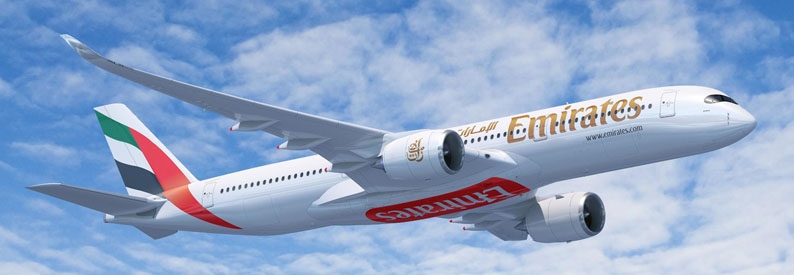Emirates CEO Warns of Tariff-Driven Trade Reset

Dubai-based Emirates President Sir Tim Clark has expressed deep concerns over the ongoing turmoil in world trade and the potential impact of widespread tariffs on international commerce and air travel. In a recent interview with CNBC on March 20, 2025, Clark warned that the current economic uncertainty could trigger a reset in global trade terms similar to the levels seen during the 2008-2009 financial crisis, a period that led to a severe worldwide recession. He explained that the new U.S. tariff regime involves a level of disruption the global economy likely has not experienced in over a decade, and while some market segments, particularly the U.S. domestic travel market, are suffering more than others, Emirates is relatively insulated due to its extensive international network and diverse global footprint.
Clark, who has led Emirates for more than two decades and has been with the airline since its inception in 1985, recalled how the carrier successfully navigated past crises, including the post-9/11 downturn, the 2008 financial crisis, and the collapse in travel demand during the COVID-19 pandemic. He noted that although it is early days to fully gauge the long-term effects of this trade reset on discretionary leisure travel, Emirates’ robust business model—built on a fleet of over 260 wide-bodied Airbus and Boeing aircraft with an additional 309 on order, and services to over 150 destinations across 80 countries—places the carrier in a strong position to adapt to fluctuating economic cycles. “We’re very diverse in the countries that we serve, all of which react in different ways to what’s going to happen now. That gives us a fairly solid base because when one market takes a dip, we replace it with another,” he said.
Clark also addressed the motivations behind the Trump administration’s decision to impose sweeping tariffs, suggesting that the move is intended to make foreign-produced goods more expensive for U.S. consumers, thereby protecting domestic industries by making U.S.-produced goods more attractive. However, he cautioned that such measures could provoke a deliberate “trade reset” aimed at reshaping global commerce and may unleash “troubled waters” in the interim. He further warned that retaliatory tariffs from China targeting U.S. aerospace giants like Boeing and GE Aerospace could have a knock-on effect on airlines, as the increased costs of critical aircraft components may ultimately drive up operating expenses.
Despite the headwinds created by these tariffs and ongoing economic challenges, Clark remained cautiously optimistic about the future of long-haul travel. He emphasized that travel demand remains strong, with Emirates reporting substantial bookings through the remainder of this year and into early 2026. Other industry voices offered mixed assessments; for example, Virgin Atlantic’s CFO noted a cooling in demand on North American routes amid consumer uncertainty, while the head of IATA, Willie Walsh, remarked that although these tariffs add uncertainty, the industry has managed similar challenges in the past.
As airlines brace for potential cost increases, industry analysts have already adjusted travel demand outlooks for 2025, and airline stocks have dropped by double digits since the White House’s announcement on April 2. Nonetheless, Clark expressed confidence that Emirates’ diverse network and adaptive business model will help it ride this particular wave, ensuring that the carrier remains resilient in the face of these unprecedented global trade challenges.
Related News : https://suspicious-zhukovsky.67-21-117-18.plesk.page/?s=Emirates
